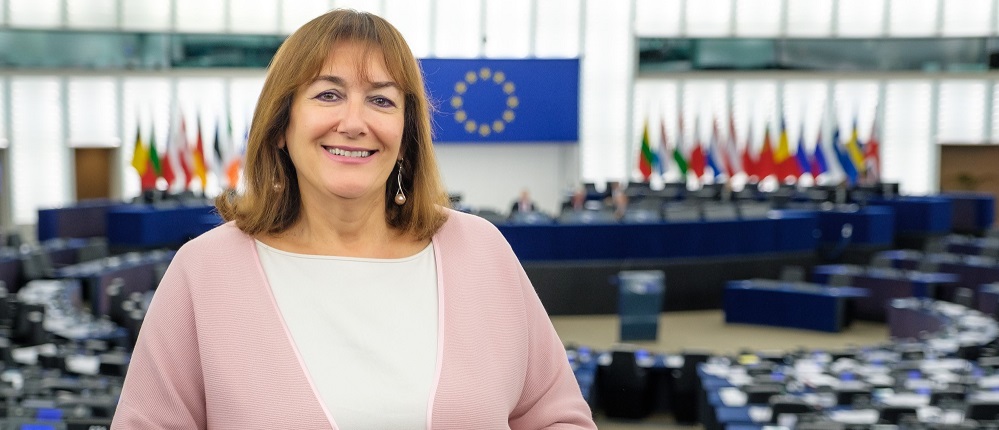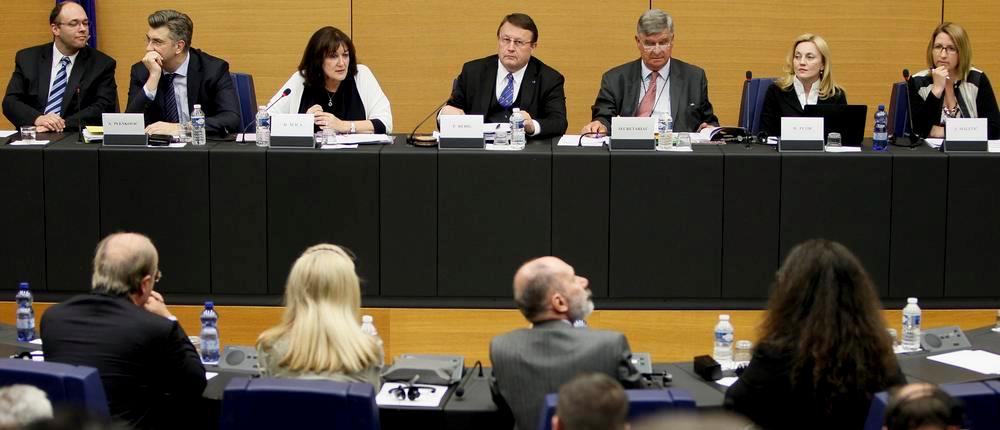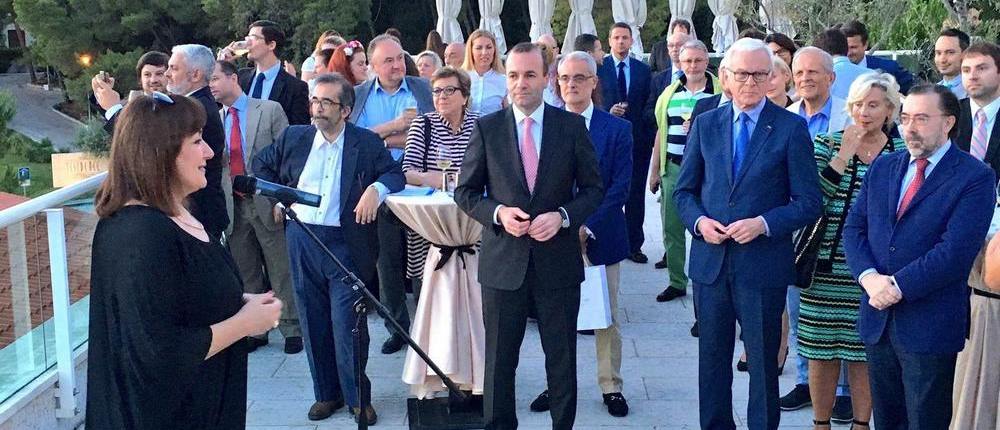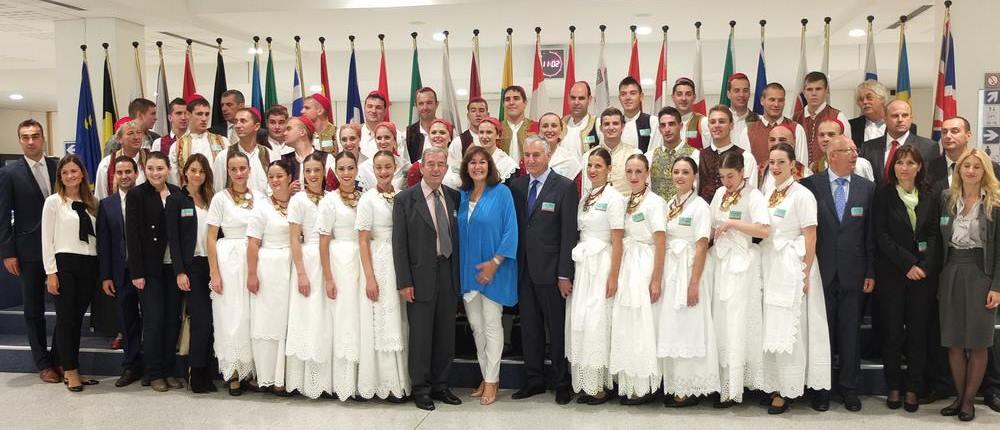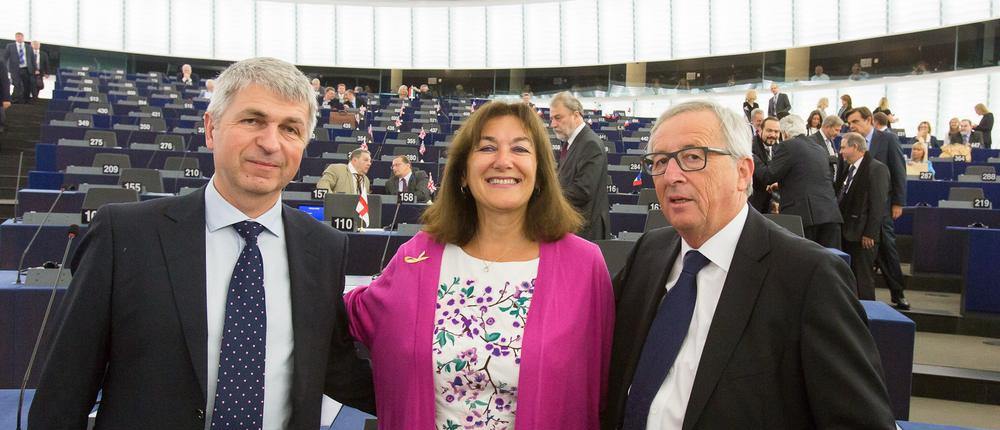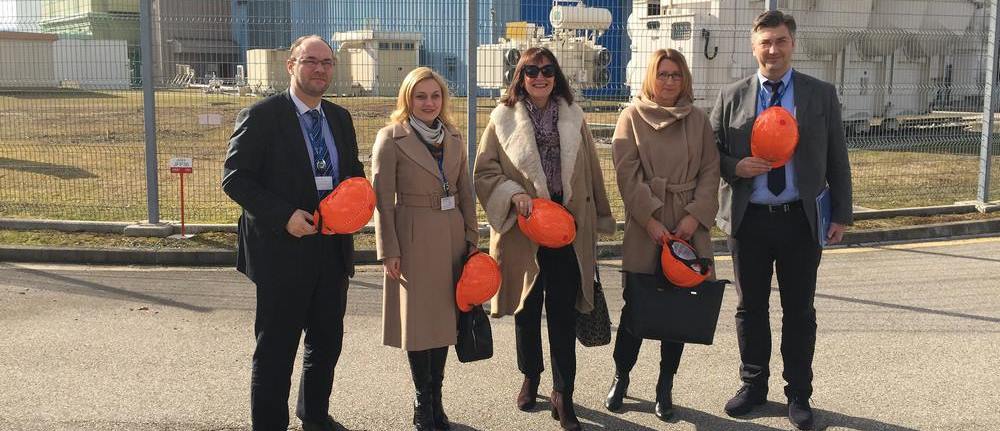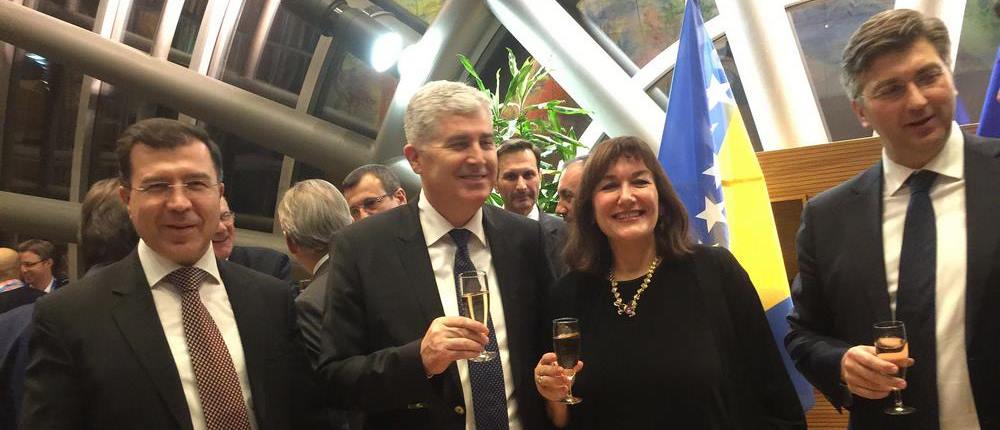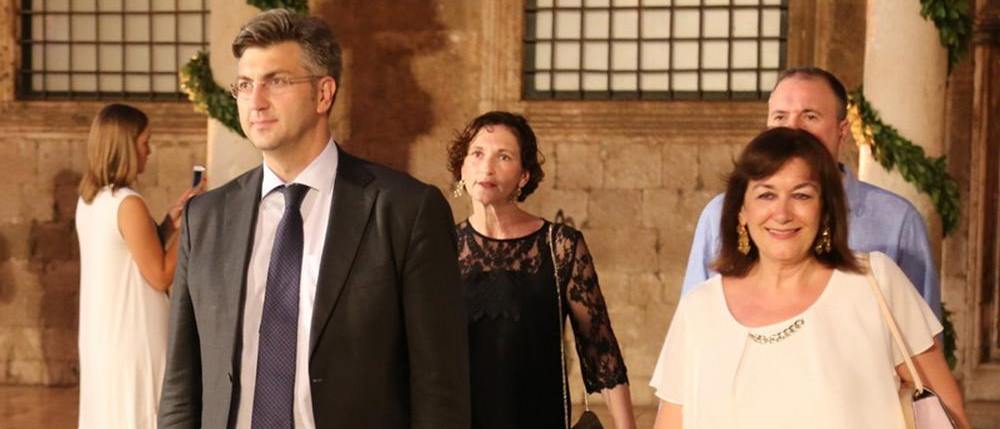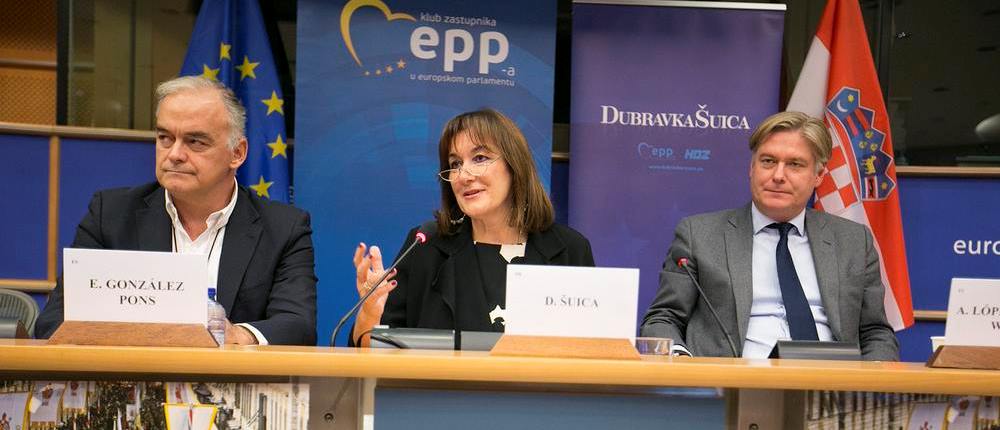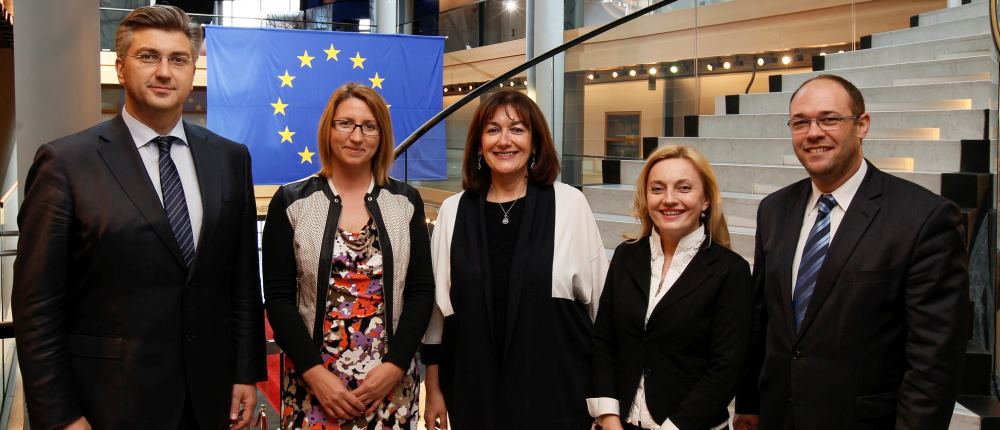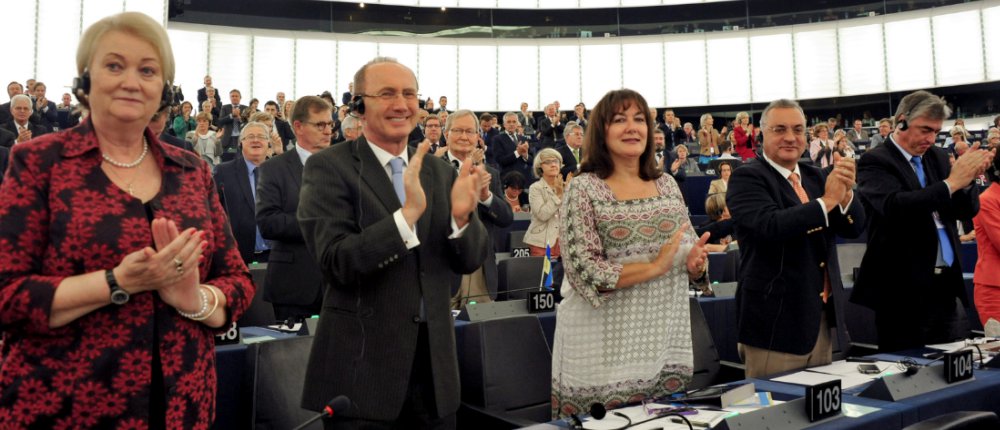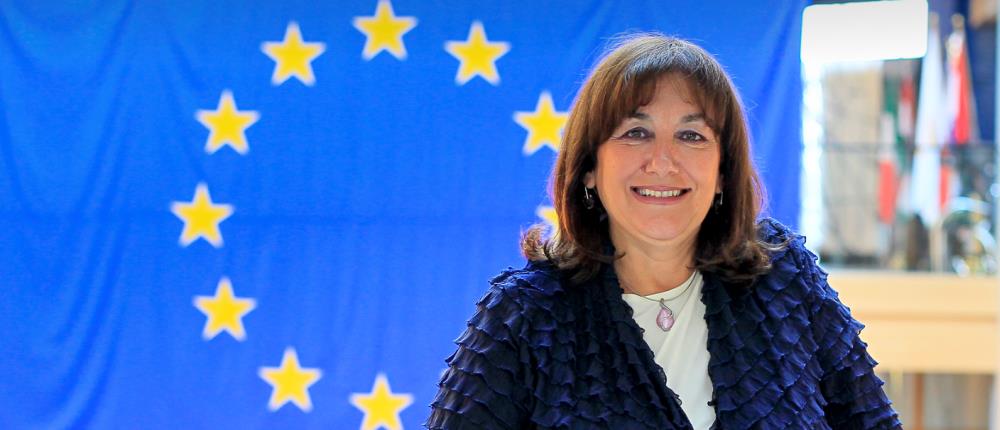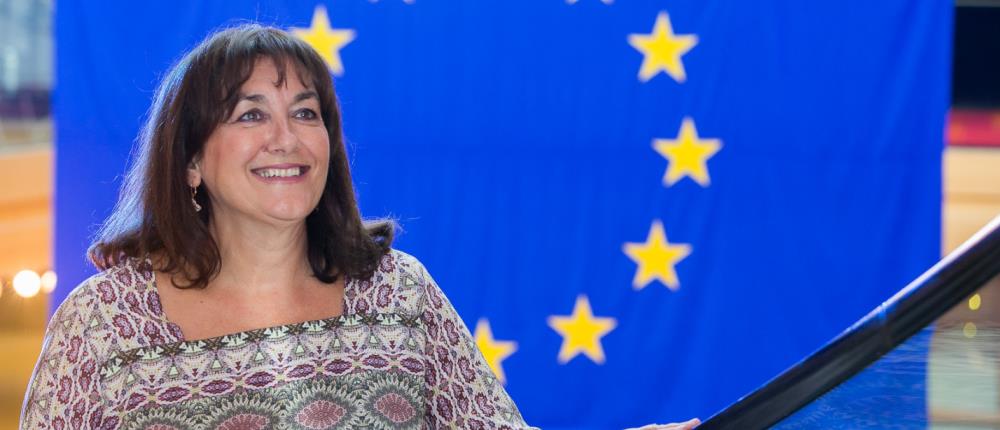The fact is that there will be far-reaching consequences for the future related to this strategy.
We have been talking here about how we should raise public awareness, however, it seems to me that we need to raise the awareness of young people the most and that young people should be the ones who will worry about how the future in which they live will look like.
So, they are the creators of their own future and they need to be made aware of the dangers of plastic waste. I agree that we should review the existing directives because unfortunately, they exist, but they have not been implemented in all Member States because of certain reasons, and different levels of economic development.
The biggest challenge and the biggest problem is that of plastic bags, while the situation is a bit better with plastic bottles. Waste incineration is very detrimental and should definitely be sanctioned, and I think it is necessary to educate the general public about the separation of waste. I think that this is a key issue and that we should not end with waste at the landfill but that there needs to be a certain perpetual motion, therefore, to circle constantly around the subject of recycling.
In particular, we here are interested in waste in the sea. I come from Croatia, from Dubrovnik, which is located on the Adriatic Sea, and the biggest problem is the plastic bags and waste in the sea. Also, there is a problem with markets outside the European Union.
We are now situated on the border of the European Union which is a thousand miles long, and because of the importance of environmental protection, I think that the Basel Convention is not being implemented in full.



